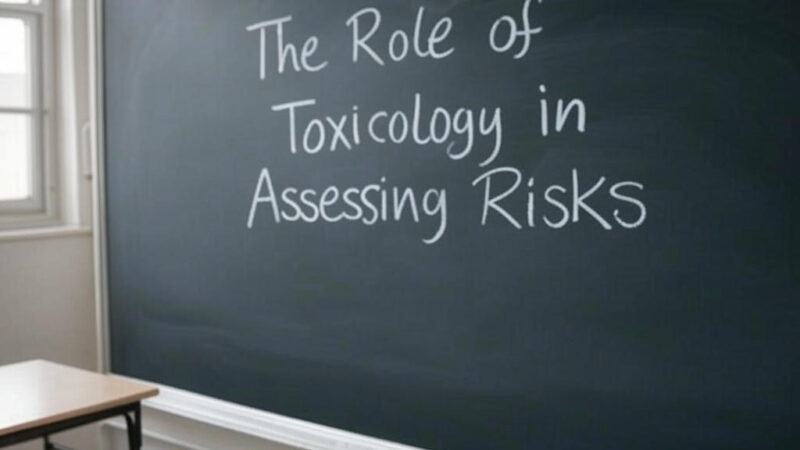Stolen Beauty: Corporate Social Responsibility

This situation in real life is the reason for concern and has attracted great attention to the social responsibility of companies of companies in the beauty industry. The stolen beauty promotes the idea of ethical procurement and sustainable practices that cause problems in connection with environmental damage, work exploitation and brutal treatment of animals. The call from Stolenbeauty.org brings accountability by promoting responsibility for the profit.
This article helps to understand how much the actual price of beauty is, while it has enormous responsibility for corporate sectors in order to deal with such decisive problems.
Beauty products and environmental impacts
The beauty industry has a large footprint in the environment. In addition to the use of natural resources in the formulation of content disorders in cosmetics, plastic packaging was one of the massive sources for excess and pollution. It is located on different levels all over the world, where the sector is known that the sector leads to pollution. One example is that of microplastics in peeling products used in cosmetic products. It was shown that when they are broken down and entering water systems, they seriously damage life in the sea.
Apart from the pollution, most components of beauty products such as palm oil lead to stake. Climate change is accelerated and indigenous communities are uprooted and all wild animals are driven to extend. The loss of forest ecosystems leads to such an effects. According to the United Nations calculations, the beauty industry largely contributes to plastic waste and produces over 120 billion packaging units annually.
Exploitation and source transparency for workers
Labor exploitation is part of the dark side of the beauty industry. Developing countries are the sources of large percentages of cosmetic ingredients. Lowly paid workers- mainly women or children- in these countries work under dangerous conditions.
The silence of the source transparency takes away the hiding of unethical practices under working conditions and refuses to the discretion of consumer selection. Organizations have pointed out some of these cases of abuse that mean strict regulations and maximum responsibility of companies in supply chains. Brands that do not take responsibility for this can lead to measures by consumers if they boycott such products, an action that is widespread among modern consumers who are striving for according to fair treatment of employees and ethical procurement.
This includes the responsibility of the company, not only a fair wage for workers, but also to interact with local communities, ensure safe working conditions and to set up efficient examination mechanisms, so that each segment of the supply chain is not taken into account by work. Faire Trade and Rainforest Alliance Labels and Logos lead consumers to brands that practice such standards in a similar way.
Consumer demand for ethical beauty
It was one of the leading effects why it changed in the cosmetic industry. Consumers know so much more today and are all enabled with information and are looking for knowledge about the honest practices of brands. Problems with the social responsibility of companies are now quite loud due to social media and contribute to strengthening them. Social influencers and activists produce companies that are not helpful or excessively cynical.
New brands that emphasize sustainability and ethical procurement and in turn the obligation not to test on animals begin in the earliest stages by demanding ethical beauty products. Brands like Herbivore and Tata Harper embody transparency and responsibility and therefore show that there is actually a market for ethical beauty products.
More and more consumers are ready to issue high dollars for products that are geared towards the values of consumers. According to a survey by Nielsen, 73% of global consumers prefer sustainable products and pay more money for them. The behavior of consumers is now changing in such a way that transparency to responsible practices would become the best incentive for beauty brands. Those who never commit themselves to responsible practices may lose due to competitors who like ethics.
Regulation and certification
Although consumers’ demand has contributed to acting companies for corporate responsibility, regulation plays a major role. In fact, governments all over the world begin to enforce stricter guidelines for the beauty industry so that these products have to be manufactured in accordance with certain ethical standards. For example, take the European Union. They have banned animal experiments on cosmetics and other countries have started to follow this model.
The other area in which certifications play a very important role lies with the social responsibility of companies. Statements such as fair trade, organic and cruelty-free enabled consumers that what he bought had met a certain need for ethics; However, this only applies if you are consistently and transparent about who you can award such statements. Such statements in reality should not only be seen as “window cladding”, but also as a real commitment to sustainability and ethics by the supervisory authorities.
Conclusion: the future before us
Although cosmetic industry is beauty, it makes pollution. From workers to animals, everyone harms it. Although some companies have worked to become more responsible, a lot has to be done in this direction.
In this sense, consumers, representative groups such as Stolenbeauty.org and governments, will help to claim responsibility. For example, with the demands for transparency and the people who ask for companies who respect environmental boundaries, look after animals, and at the same time the recognized companies that are recognized by better quality and the planet at the top of the profit.
The only step ahead is education, responsible procurement and sustainable practices. Then only the real costs of beauty can be reduced-and the correct way-one more responsible and more compassionate for the industry.





